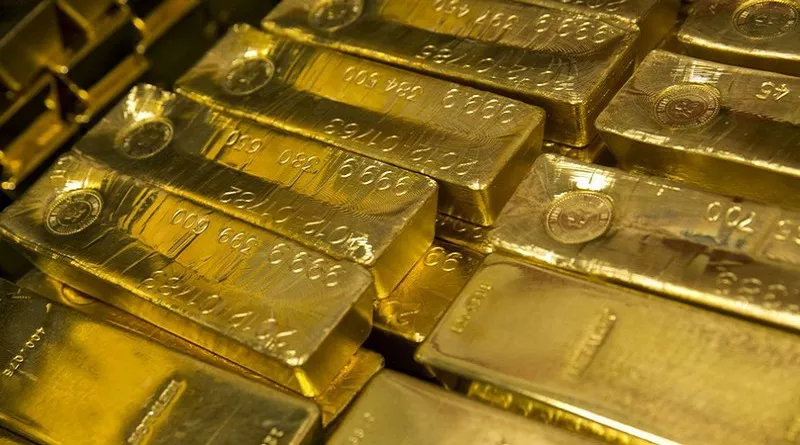Gold (XAU/USD) climbed on Thursday, trading in the $2,350 range, fueled by disappointing US economic data and a shift in tone from Federal Reserve Chairman Jerome Powell, which bolstered expectations of an earlier-than-anticipated interest rate cut. Lower interest rates make gold, a non-interest-bearing asset, more attractive to investors.
Long-term investors may also be accumulating gold in anticipation of a rally driven by favorable geopolitical and macroeconomic factors. Technically, gold’s successful close above the 50-day Simple Moving Average (SMA) further enhances its bullish outlook.
Gold Breaks Through Following Weak US Data
Gold prices surged after a series of weak US economic reports suggested a cooling economy and increased the likelihood of the Federal Reserve cutting interest rates. This environment makes gold more appealing as an investment by reducing the opportunity cost of holding it.
The weak US data included the ISM Services Purchasing Managers Index (PMI), which fell to 48.8 in June from 53.8 in May, below the consensus estimate of 52.5. This sector has been a significant driver of inflation. Although the Services Prices Paid component remained in expansion at 56.3, it was lower than May’s 58.1.
Additionally, US Initial Jobless Claims rose to 238,000 for the week ending June 29, exceeding estimates of 235,000 and the previous week’s 233,000. Continuing Claims reached 1.858 million, the highest since November 2021. The ADP Employment Change report showed a rise of 150,000 new private-sector jobs in June, below May’s figure and the forecasted 160,000.
The Federal Reserve’s June meeting minutes maintained a neutral, data-dependent stance, indicating a need for more progress on inflation and weaker economic data before considering rate cuts. However, Powell’s subsequent speech in Sintra suggested optimism about declining inflation, despite emphasizing the need for more data before making any decisions.
Geopolitical Factors Boost Gold Demand
Gold is also benefiting from broader geopolitical and macroeconomic factors. Ongoing conflicts in the Middle East and Ukraine, along with political shifts in Europe, are driving investors to gold as a safe-haven asset.
In the US, political uncertainties, including the Supreme Court’s decision to grant former President Donald Trump partial immunity related to the 2020 election and concerns about President Joe Biden’s fitness for office, have increased the potential for a second Trump presidency, further destabilizing global security and boosting gold demand.
Moreover, the expansion of the BRICS trading bloc and its efforts to de-dollarize global trade have increased demand for gold, seen as a viable alternative for countries seeking to avoid Dollar-denominated markets.


